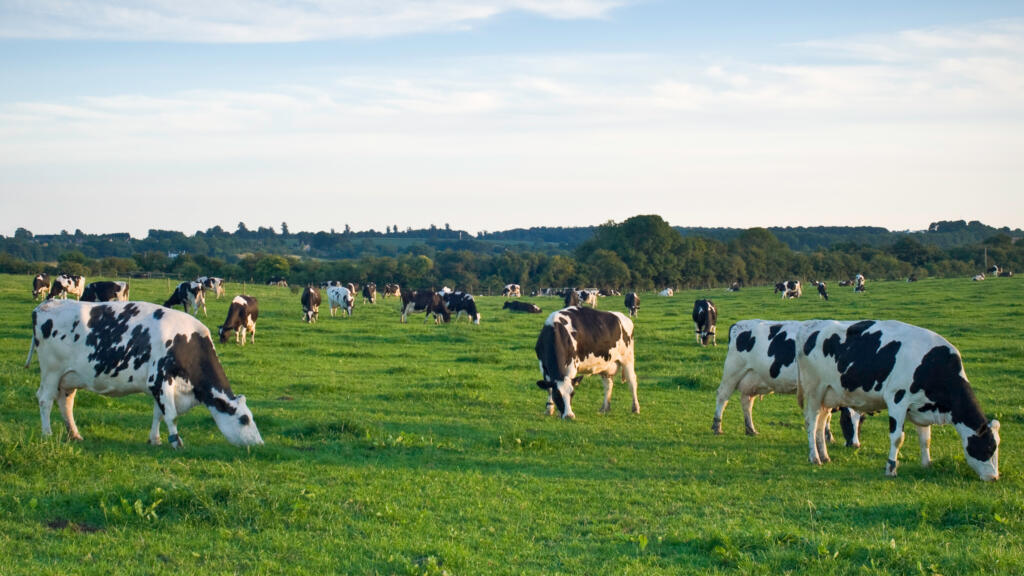
Stephens Scown is here to help farmers, landowners, and agricultural businesses identify areas where they might benefit from advice from a law firm that genuinely understands both the rural sector and our region.
We have outlined below a list of the most common issues we find when conducting a legal “health check” of our rural clients’ businesses and affairs. If any of these sound familiar, or if you have any other legal concerns, please do not hesitate to contact one of our rural and agricultural specialists.
Is your land registered at the Land Registry?
If your land is unregistered, you may wish to consider applying to the Land Registry for voluntary registration. This process can help identify any problems that could arise when considering any future transactions or succession planning. Registration will also ensure that if a third party claims any rights over your land, the Land Registry will be able to notify you and give you the opportunity to object. If the land is unregistered, there is no way for the Land Registry to know who owns it.
If your land is already registered, do the names on the Land Registry documents match up properly with the present owners? It isn’t unusual to find that land is still registered in the names of family members who passed on some time ago, which can significantly delay sales, refinancing, and other transactions.
Have you reviewed your tenancy agreements (farm business tenancies, grazing licenses, etc.)?
Choosing the correct type of tenancy agreement and drafting it carefully is vital to ensure that the documentation matches what has been agreed between the parties. For example, it is important to avoid accidentally giving statutory legal rights to a tenant/grazier that the landlord did not intend them to have, making it difficult to remove them from the land if the landlord later wishes to do so.
Landlords and tenants should also not assume that the terms of a tenancy agreement will automatically roll over and continue to apply if the tenant continues to use the land when that agreement expires. A new agreement may need to be put in place.
If you would like your proposed or existing tenancy agreements reviewed, we can do that for you.
Do you need a contract farming agreement?
It is becoming increasingly common for farmers and landowners to enter into agreements with third parties in relation to labour and machinery, particularly where there is no clear succession with a younger generation. We can assist with a contract farming agreement for the provision of services where the landowner provides land, buildings, and other fixed equipment and engages a third party to provide labour and machinery. That could be in return for a fixed yearly payment and/or a bonus payment from net profits.
While it sounds simple to agree over a handshake, it is a good idea to have an agreement down in writing – this can prevent future disputes and ensure that both parties are on the same page.
Do you have an up-to-date partnership agreement?
The Partnership Act is very old (1890!) and states that two or more people working together in the pursuit of profit are “in partnership” together. This means that you do not need to have an oral or written agreement to form a partnership – simply working together in business can be enough. The risks with this are that any dispute would be dealt with by legislation that is out of date and does not reflect the partners’ actual intentions.
A formal written partnership agreement will ensure that your business is structured in the most efficient way and also that you have agreed on what will happen in certain circumstances (for instance, the death or retirement of a partner). It also formally records the agreement you have made with the other partner(s) about voting rights and profit shares.
Written partnership agreements are also more beneficial if you are looking to obtain lending, as banks prefer to see a written agreement. Many banks will also now freeze a partnership’s bank account if a partner dies or loses capacity unless there is a written partnership agreement in place – this can have devastating impacts on the remaining partners at an already difficult time.
Do you have an up-to-date Will and Lasting Power of Attorney?
Without an up-to-date Will and Lasting Power of Attorney, the effect of your death or incapacity could have significant consequences for your business and your family. We would always recommend that you review your personal planning at the same time as you are looking into your financial/business planning so that you can ensure you have these points covered. This is also important if you are in a farming partnership, as your Will should reflect the position in the partnership agreement and accounts.
